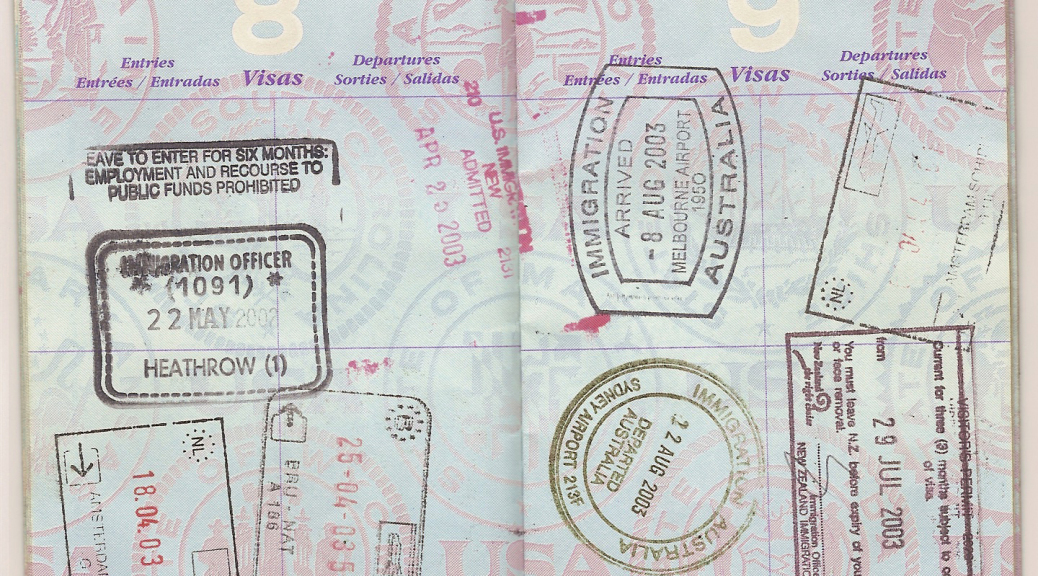
In this episode, Nathan Smith discusses the economics and history of migration and migration restrictions. Nathan is an Assistant Professor of Business Administration: Finance and Economics at Fresno Pacific University and regular blogger at Open Borders: The Case.
We start the episode by discussing the economic impacts of Nathan’s own migration to Fresno. Students gain, as he adds to the supply of economics professors, other economists might lose from his competition in labour markets, people looking for parking near the University might lose, as he slightly reduces the supply of available parking spaces, and property owners gain from his demand for housing. In general, anyone Nathan transacts with gains from the transaction, while those who he competes with may suffer some slight loss.
The big slogan among open borders advocates is that a significant reduction in migration restrictions could “double world GDP.” Nathan’s own most recent estimates show about a 91% increase world GDP, mainly because people would move from places where they can earn very little (e.g. places with dysfunctional institutions) to places where they can earn quite a bit more (e.g. places with well-functioning institutions, complementary factors of production, highly developed networks of specialization and exchange, etc.). There are complementarities between human capital and unskilled labour. For instance, great managers are more productive when there are many workers to manage, and the workers are more productive where there are great managers. (more…)
Subscribe to Economics Detective Radio on iTunes, Android, or Stitcher.
The post Migration and Open Borders with Nathan Smith appeared first on The Economics Detective.

